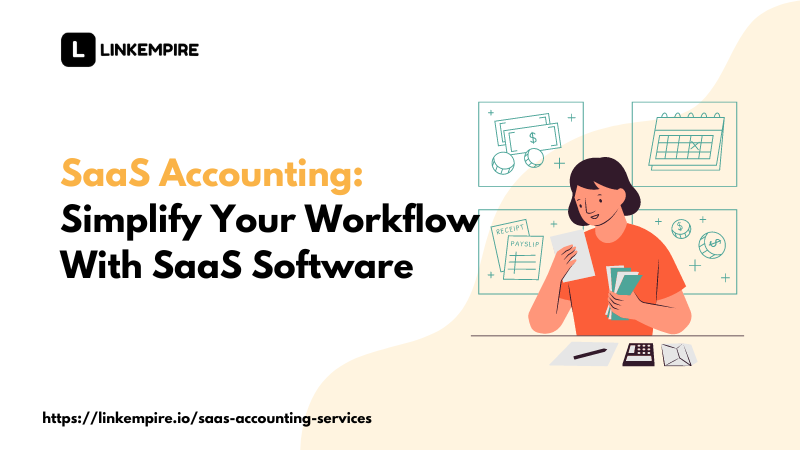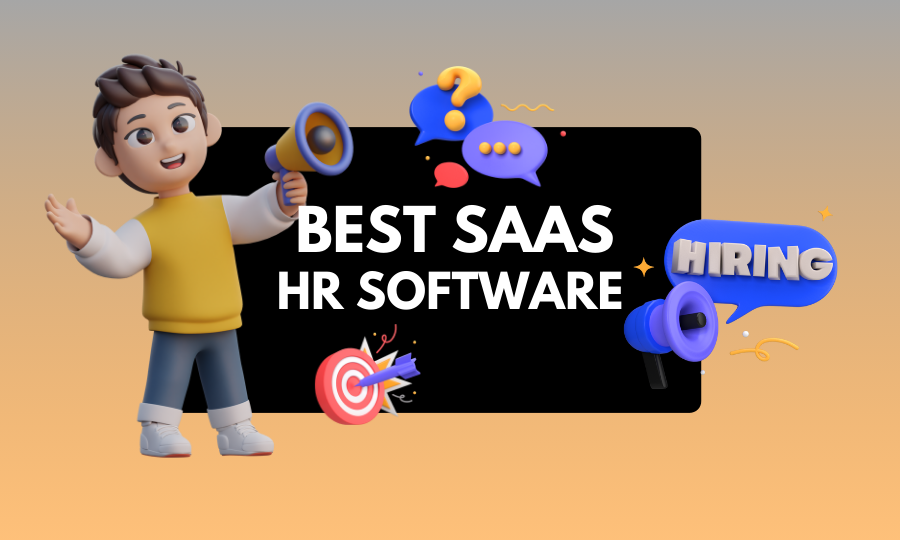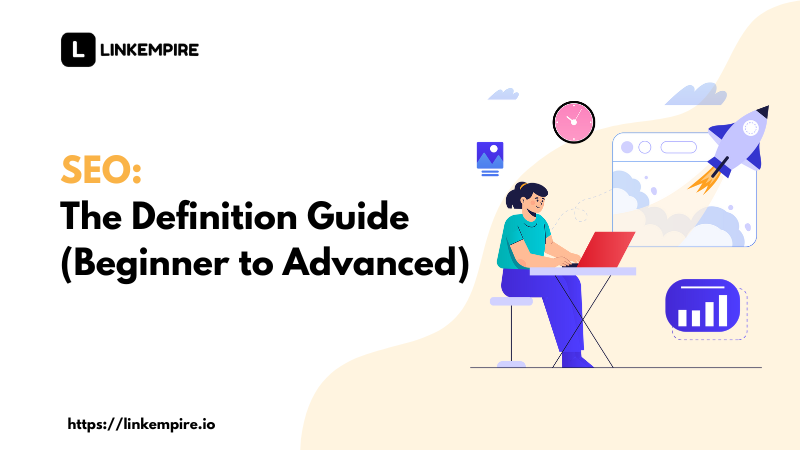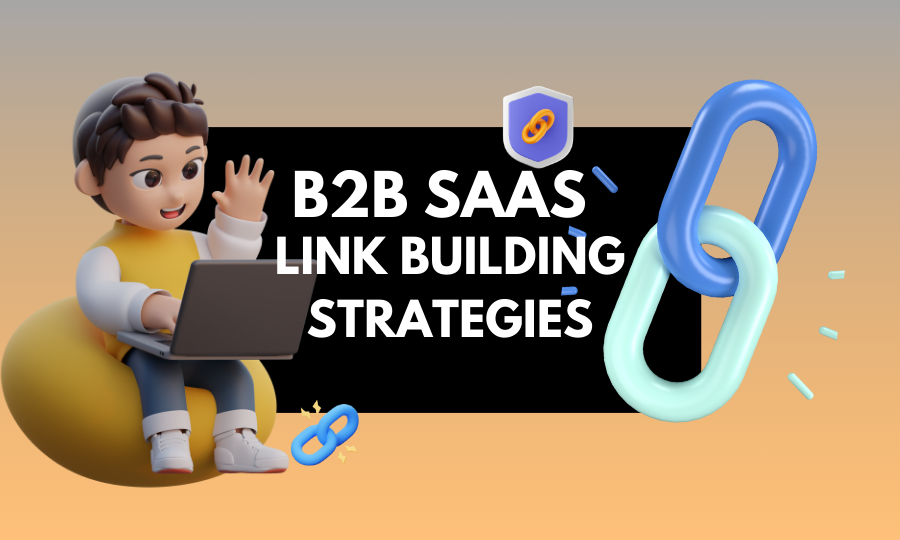Have you ever found yourself drowning in a sea of receipts, invoices, and financial statements? If the mere thought of managing your company’s finances leaves you feeling overwhelmed, you’re not alone.
Many business owners and accountants struggle with the complexities of traditional accounting systems. But what if there was a way to streamline your accounting processes, reduce clutter, and focus more on growing your business?
Enter SaaS accounting services—a modern solution designed to make your financial management smoother and more efficient.
In this article, we’ll explore how SaaS (Software as a Service) accounting services can transform your approach to managing finances.
Whether you’re a small business owner or part of a larger organization, understanding and adopting SaaS accounting can help you save time, reduce errors, and ultimately make more informed financial decisions.
What is SaaS Accounting Services?

SaaS accounting services are cloud-based accounting software solutions that allow businesses to manage their financial operations online.
Unlike traditional accounting systems that require local installation and maintenance, SaaS accounting solutions are hosted on remote servers and accessed via the internet.
This means you can handle your accounting tasks from anywhere, at any time, as long as you have an internet connection.
Key Features of SaaS Accounting Services:
-
- Accessibility: Access your financial data from any device with an internet connection.
-
- Scalability: Easily scale your accounting solution as your business grows.
-
- Automatic Updates: Receive regular updates without the need for manual installations.
-
- Data Security: Benefit from high levels of data protection and backup provided by the service provider.
The Benefits of Switching to SaaS Accounting

-
- Enhanced Accessibility
Imagine being able to check your financial statements while you’re traveling or working from home.
SaaS accounting services allow you to access your accounting software from anywhere, giving you the flexibility to manage your finances on the go. This is particularly useful for business owners who travel frequently or work remotely.
-
- Cost-Efficiency
Traditional accounting systems often involve hefty upfront costs for software licenses, hardware, and IT support. In contrast, SaaS accounting services typically operate on a subscription model, which means you pay a monthly or annual fee.
This subscription fee is often lower than the combined costs of traditional accounting solutions, making SaaS a more cost-effective option for many businesses.
-
- Automatic Updates and Maintenance
With SaaS accounting, you don’t have to worry about manually updating your software or dealing with technical glitches.
The service provider takes care of updates and maintenance, ensuring that you always have access to the latest features and security patches without any additional effort on your part.
-
- Scalability
As your business grows, so do your accounting needs. SaaS accounting services are designed to scale with your business.
Whether you need to add more users, integrate with other software, or handle increased transaction volumes, SaaS solutions can adapt to your evolving requirements.
-
- Improved Accuracy and Reduced Errors
Manual data entry is prone to errors, which can lead to inaccuracies in financial reporting.
SaaS accounting services often include automated features that reduce the risk of human error. For example, automatic data import and reconciliation features can save time and ensure that your financial records are accurate and up-to-date.
Practical Tips for Getting Started with SaaS Accounting Services

-
- Evaluate Your Needs
Before selecting a SaaS accounting service, assess your business’s specific needs. Consider factors such as the size of your company, the complexity of your financial transactions, and any industry-specific requirements.
Understanding your needs will help you choose a solution that best fits your business.
-
- Choose a Reputable Provider
Not all SaaS accounting services are created equal. Research different providers to find one that offers the features you need and has a strong reputation for reliability and customer support.
Read reviews, compare pricing, and consider seeking recommendations from other business owners.
-
- Take Advantage of Free Trials
Many SaaS accounting providers offer free trials or demo versions of their software. Take advantage of these trials to test the software and ensure it meets your needs.
During the trial period, evaluate the user interface, functionality, and overall ease of use.
-
- Integrate with Existing Tools
One of the advantages of SaaS accounting services is their ability to integrate with other business tools.
Ensure that the software you choose can seamlessly connect with your existing systems, such as CRM software, payroll systems, and banking accounts. Integration can streamline your processes and improve overall efficiency.
-
- Train Your Team
Proper training is essential for maximizing the benefits of SaaS accounting services. Invest time and resources in training your team to use the new system effectively. Many providers offer training resources and support to help your team get up to speed.
Examples and Scenarios
To illustrate the impact of SaaS accounting services, let’s consider a few scenarios:
-
- Scenario 1: Small Business Owner
Sarah runs a small boutique and has been using a traditional accounting system for years. She often finds herself buried in paperwork and struggling to keep up with financial reports.
After switching to a SaaS accounting service, Sarah can now access her financial data from her tablet while meeting with clients or managing her store.
The automatic reconciliation features save her hours of manual work, and she enjoys peace of mind knowing that her data is secure and regularly backed up.
-
- Scenario 2: Growing Startup
Alex and his team are running a rapidly growing tech startup. Their accounting needs have become more complex, and managing finances manually is no longer feasible.
By adopting a SaaS accounting solution, they benefit from scalable features that accommodate their expanding business. The software integrates with their CRM and project management tools, allowing for seamless financial tracking and reporting.
Alex’s team can now focus on innovation and growth, leaving the accounting tasks to the automated system.
-
- Scenario 3: Remote Team
Lisa manages a remote team of consultants who work from different locations. Keeping track of expenses and reimbursements used to be a challenging task.
With a SaaS accounting service, Lisa can easily handle expense reports and reimbursements from anywhere. The real-time data updates ensure that all team members are on the same page regarding financial matters, and Lisa can access detailed financial reports at any time.
Also Read: 25 Best SaaS HR Software Solution (Pricing & Guide)
Conclusion
Switching to a SaaS accounting service can significantly simplify your financial management and reduce the clutter associated with traditional accounting systems.
By embracing the accessibility, cost-efficiency, and automation offered by SaaS solutions, you can streamline your accounting processes and focus on what truly matters—growing your business.
Don’t let outdated accounting methods hold you back. Take the plunge into the world of SaaS accounting services and experience the benefits of modern financial management.
With the right SaaS solution, you’ll be able to manage your finances more efficiently, reduce errors, and gain valuable insights into your business’s financial health.
Ready to simplify your work and say goodbye to accounting clutter? Explore SaaS accounting services today and take the first step towards a more organized and efficient financial future.
Share via:






